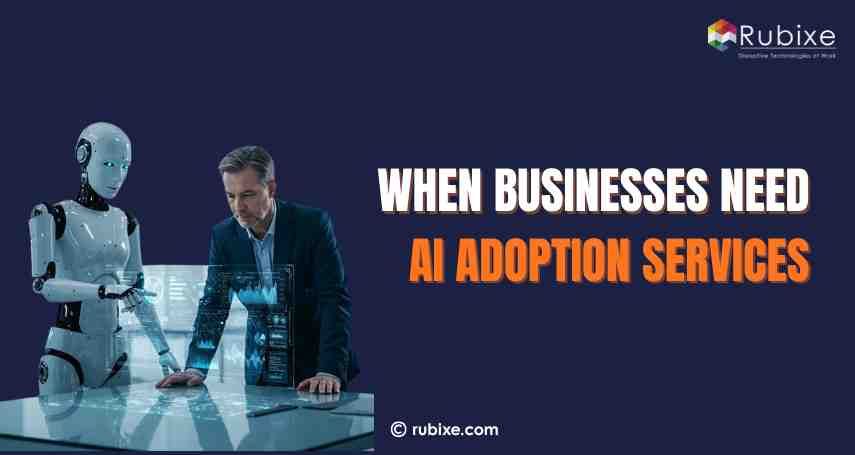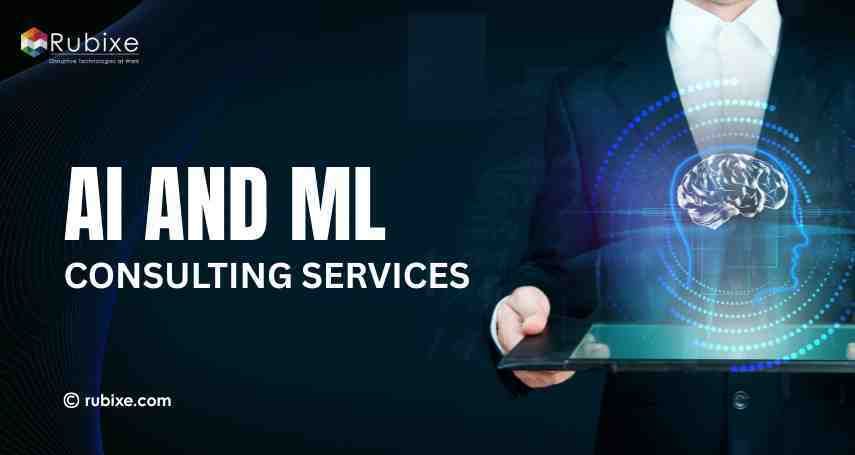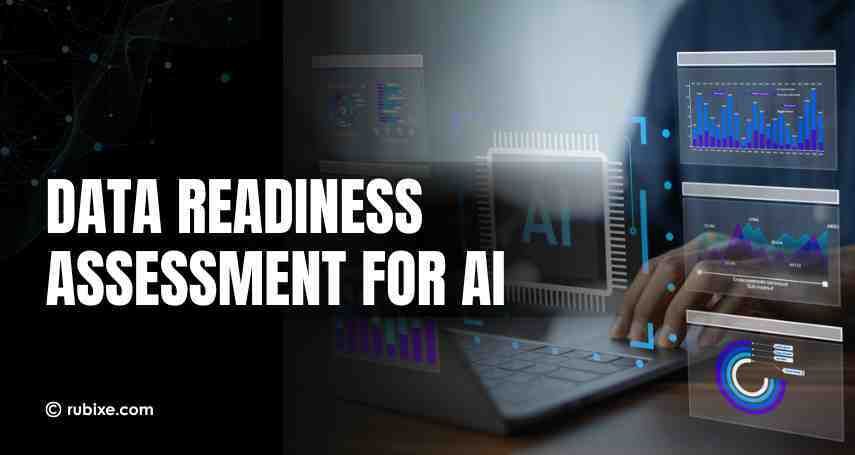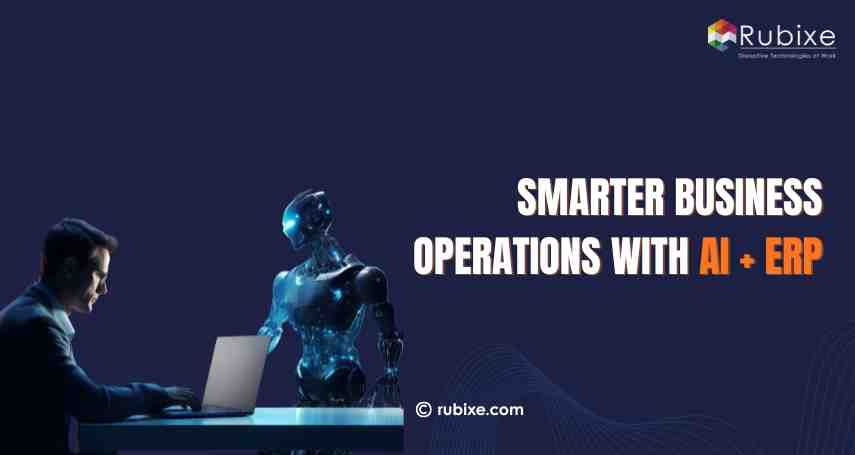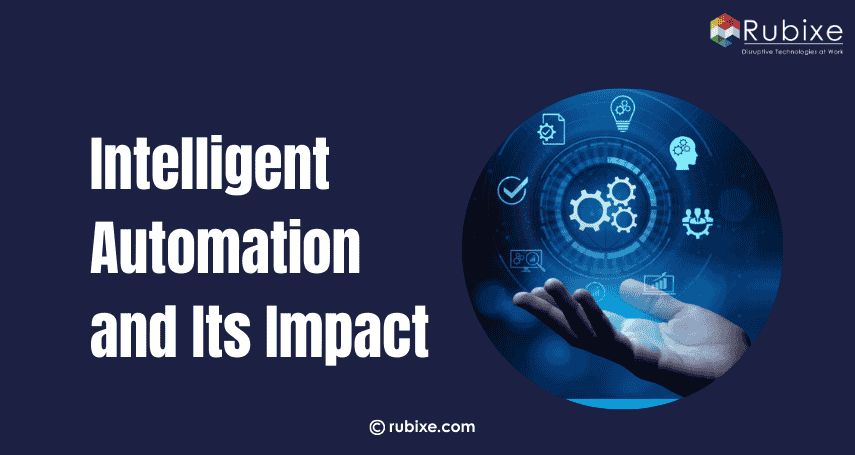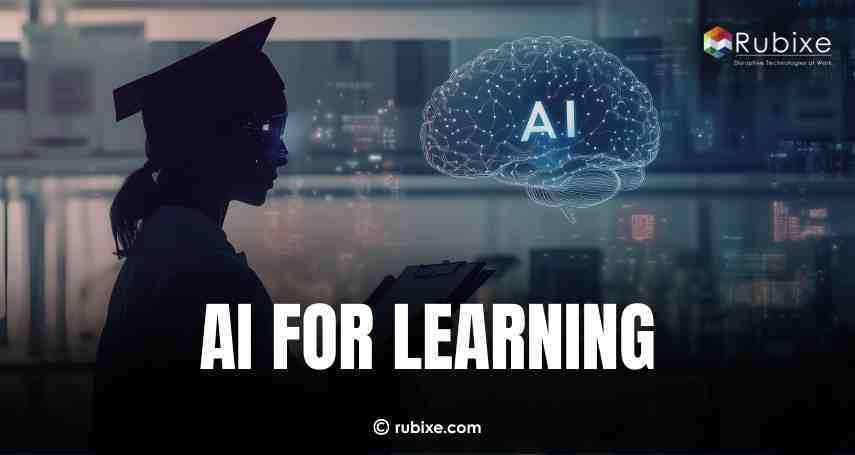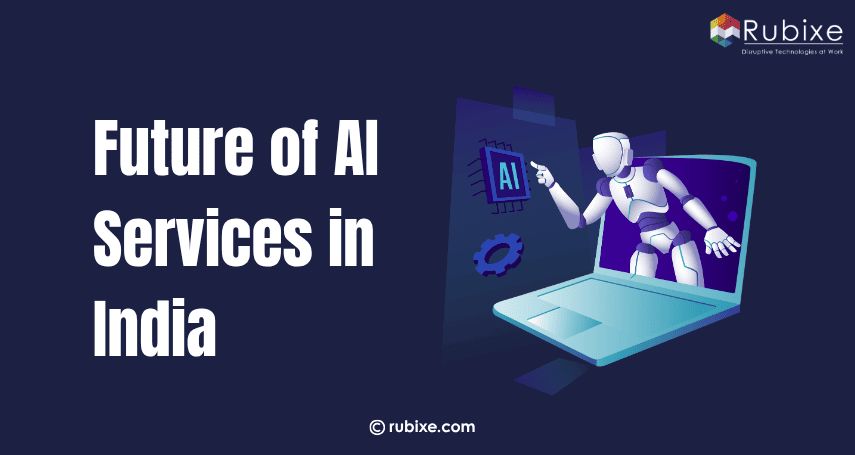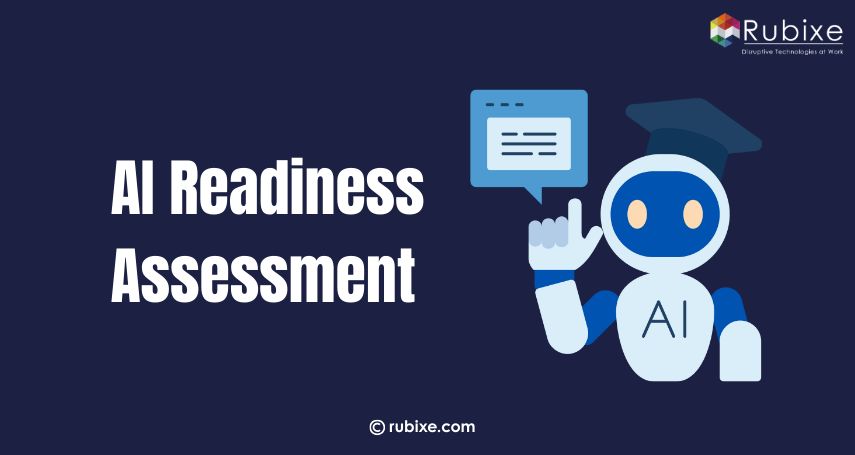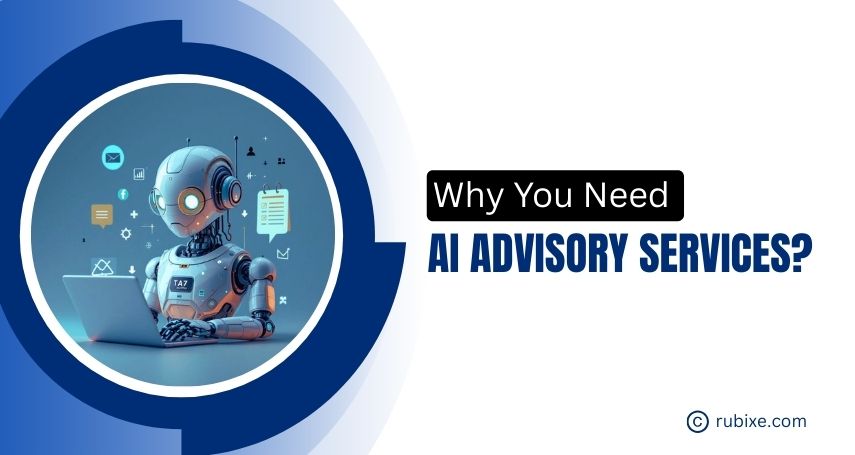AI Cybersecurity Strategies to Stay Ahead of Modern Threats
AI cybersecurity strategies that detect threats early, automate responses, and protect systems against evolving digital risks for stronger, smarter security outcomes.
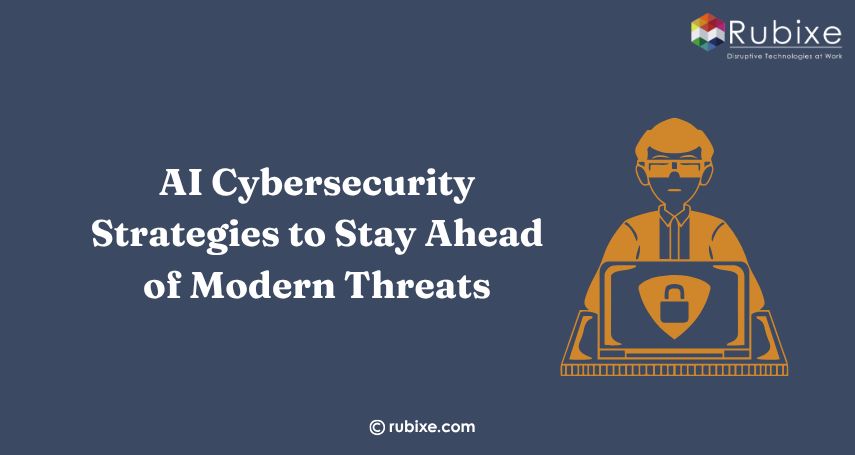
I’ve come to see how important AI cybersecurity is in protecting data. It helps spot threats early, notice unusual activity, and respond quickly when something goes wrong. As cyber risks become more advanced, I rely on artificial intelligence cybersecurity to keep systems secure and reduce the chances of data breaches.
The Rise of AI Cybersecurity in the Digital Age
As digital systems become more interconnected, cyber threats are also evolving. Traditional methods often fall short in detecting sophisticated attacks. AI cybersecurity steps in to provide smarter, faster, and more adaptive protection for modern businesses.
Key Highlights:
-
Real-Time Threat Detection: AI algorithms monitor networks continuously to spot unusual behavior and detect threats as they occur.
-
Predictive Security: By learning from historical data, AI can forecast potential attacks and vulnerabilities before they are exploited.
-
Automated Response: AI-powered systems can respond instantly to certain security breaches, reducing damage and downtime.
-
Fraud Prevention: Financial institutions use AI to identify and stop fraudulent transactions with high accuracy.
-
Advanced Malware Protection: AI can recognize and isolate unknown malware by analyzing patterns, even if the code is new or disguised.
-
Efficient Data Handling: AI systems can manage large volumes of data and complex IT environments without performance drop-offs, making them ideal for modern enterprise needs.
AI in Cybersecurity for Threat Detection
Artificial intelligence cybersecurity plays a key role in identifying and preventing threats before they cause damage. By analyzing patterns and monitoring activity, AI enhances the accuracy and speed of threat detection across systems.
How AI Cybersecurity Enhances Threat Detection:
-
Continuous Monitoring: AI systems monitor network activity around the clock to detect unusual behavior or patterns.
-
Faster Response Times: AI tools can flag potential threats in real-time, enabling quicker interventions.
-
Behavioral Analysis: Machine learning models identify anomalies in user or system behavior that might indicate an attack.
-
Pattern Recognition: AI detects similarities with known cyberattack techniques, including zero-day threats.
-
Reduced False Positives: With improved accuracy, AI helps security teams focus on real issues rather than wasting time on false alarms.
-
Adaptive Learning: AI systems learn from each interaction, making them more effective over time.
How Artificial Intelligence Improves Cybersecurity
Artificial intelligence strengthens cybersecurity by going beyond basic threat detection. It brings speed, adaptability, and precision to every layer of defense. Here’s how it contributes:
-
Quicker Incident Response: AI can take immediate action. It locks user accounts, isolates devices, or notifies security teams to reduce damage from attacks.
-
Ongoing Improvement: With every interaction, AI systems learn and adapt. This helps them become more effective at identifying new or evolving threats.
-
Smarter Alerts: AI understands normal patterns within an organization. This reduces false alarms and lets security teams focus on real risks.
-
Stronger Device Protection: It monitors various endpoints such as laptops, phones, or IoT devices. This offers protection at multiple access points.
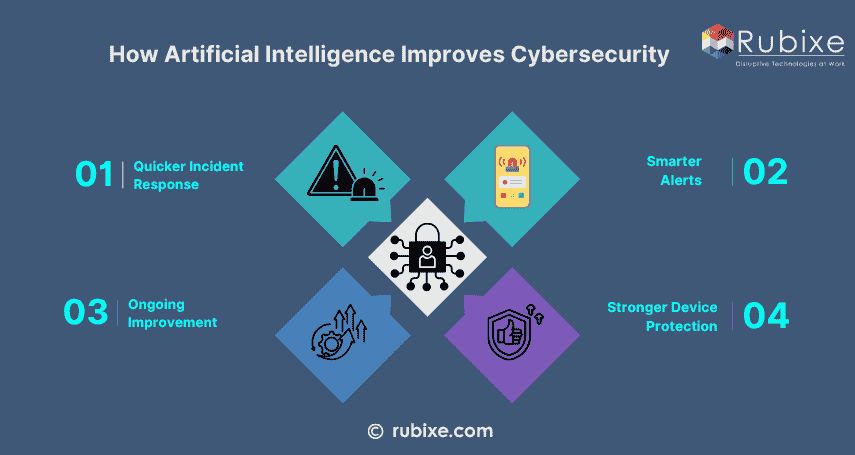
Advantages of AI-Driven Cybersecurity Solutions
Artificial intelligence brings a smarter approach to cybersecurity by improving detection accuracy, speeding up response efforts, and reducing manual workload. There are numerous benefits of using AI for cybersecurity solutions, especially when considering scalability and efficiency:
-
Instant Threat Identification: AI can quickly spot suspicious activities and potential breaches in real time.
-
Accelerated Incident Response: Automated protocols enable immediate containment actions, limiting the impact.
-
Supports High Data Volume: AI easily manages and analyzes large-scale data traffic without slowing down systems.
-
Proactive Risk Management: Predictive modeling helps identify weak points before attackers exploit them.
-
Minimized Manual Mistakes: Reduces the risk of errors by automating repetitive and complex tasks.
-
Smarter Allocation of Resources: Security teams can prioritize critical issues while AI handles ongoing monitoring.
-
Deeper Threat Insights: Advanced algorithms detect hidden or emerging threats through comprehensive data analysis.
Strengthening Cyber Defense with AI Cybersecurity Consulting
As digital threats grow more sophisticated, organizations need more than traditional defenses. AI cybersecurity consulting offers a smarter, more strategic way to protect sensitive data and systems by aligning artificial intelligence with proactive security planning.
Here’s how AI cybersecurity consulting strengthens your defense approach:
-
Clearer Risk Mapping: AI consultants use advanced analytics to uncover hidden vulnerabilities across your infrastructure and not just the obvious surface threats.
-
Scenario-Based Defense Design: Artificial intelligence cybersecurity experts simulate various attack patterns and help you build layered defense strategies tailored to real-world risks.
-
Adaptive Security Models: Rather than static controls, AI enables dynamic systems that evolve as they learn from user behavior and new data inputs.
-
Operational Efficiency: With AI reducing false positives, consultants help security teams focus on the most critical alerts and improve response accuracy.
-
Human and AI Collaboration: AI cybersecurity solutions enhance your team's capabilities without replacing them, creating a smarter security ecosystem.
-
Strategic Integration: AI consulting provides a clear roadmap for adopting AI cybersecurity solutions, ensuring they align with your existing infrastructure and goals.
AI Services That Enhance Cybersecurity Frameworks
AI is playing a growing role in making cybersecurity frameworks more proactive, adaptive, and resilient. These AI services go beyond just threat detection—they improve the overall structure and response of your security systems.
Key AI services that strengthen cybersecurity frameworks include:
-
Threat Detection and Prediction: Machine learning models identify unusual patterns and potential breaches before they cause harm.
-
Security Automation: AI automates tasks like log analysis, alert triage, and incident response to reduce human error and improve speed.
-
Behavioral Analytics: Tracks user and system behavior to detect anomalies that might signal insider threats or credential misuse.
-
Endpoint Monitoring: Continuously monitors laptops, mobile devices, and other endpoints for vulnerabilities or signs of compromise.
-
Fraud Prevention Tools: AI systems assess transaction patterns in real-time to prevent financial fraud and identity theft.
-
Phishing Detection: Natural Language Processing (NLP) is used to analyze and flag suspicious emails or communications.
-
Vulnerability Management: AI helps prioritize system patches based on the level of risk, asset importance, and exposure.
-
Access Control Optimization: AI fine-tunes identity and access management policies using real-time risk assessments
Staying Ahead with AI Cybersecurity
Staying ahead in cybersecurity isn’t just about defense—it’s about proactive strategy. Artificial intelligence cybersecurity shifts the focus from reacting to incidents to anticipating and preventing them through intelligent pattern recognition and automated decision-making.
Fresh approaches with AI cybersecurity:
-
Behavior-Based Detection: Instead of relying on signature-based threats, AI learns user and system behaviors to flag subtle anomalies.
-
Smart Access Control: Uses contextual data like location, time, and device to adapt security protocols in real time.
-
Threat Hunting Assistants: AI cyber tools assist human analysts by narrowing down millions of log entries to pinpoint real threats.
-
Dynamic Policy Enforcement: AI dynamically adjusts security rules based on ongoing risk assessment—no more static, outdated rules.
-
Security Workflow Automation: Speeds up tedious tasks like log reviews, ticket generation, or incident reports.
AI cybersecurity plays a key role in keeping data and systems safe by detecting threats early and responding quickly. With smarter tools and constant learning, it helps reduce risks and improve defense. As cyber threats continue to evolve, using AI for security is becoming more necessary than optional.
